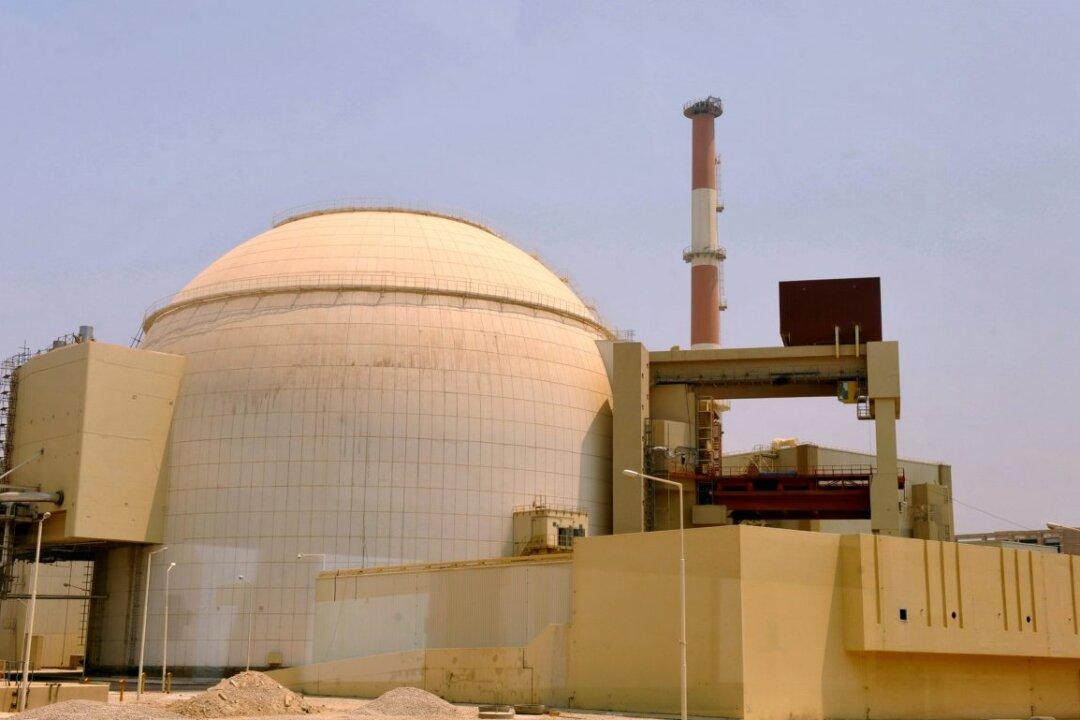Commentary
The nuclear agreement with Iran, known by the strange title of the Joint Comprehensive Plan of Action (JCPOA), is on life support and badly in need of a complete overhaul.

The nuclear agreement with Iran, known by the strange title of the Joint Comprehensive Plan of Action (JCPOA), is on life support and badly in need of a complete overhaul.